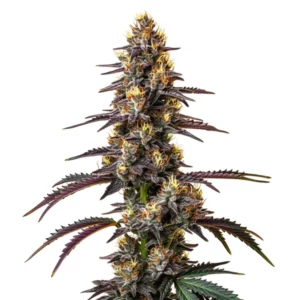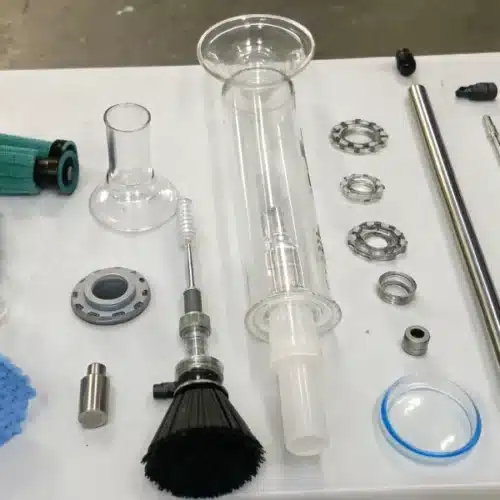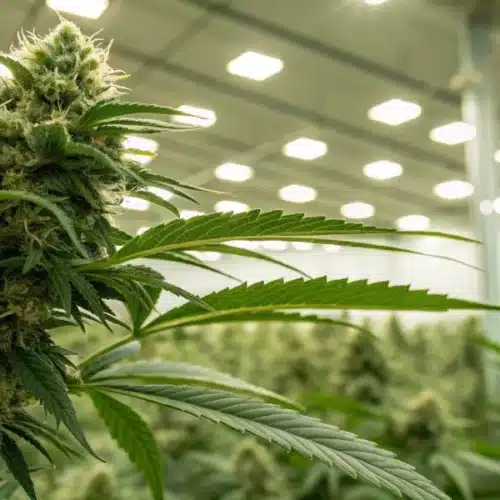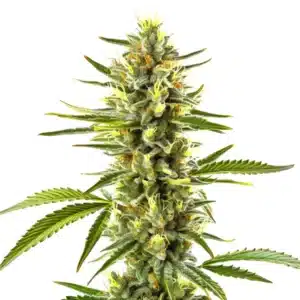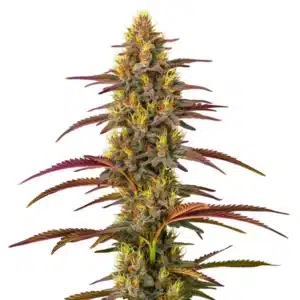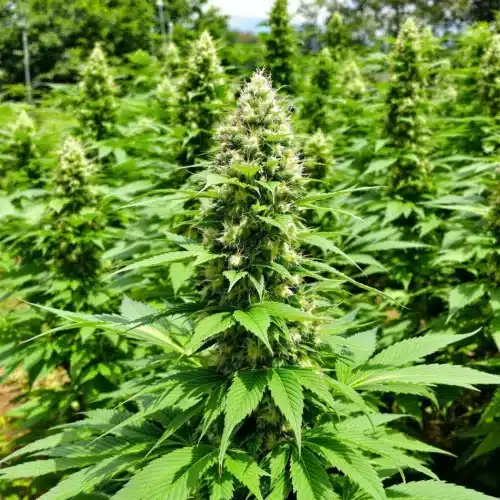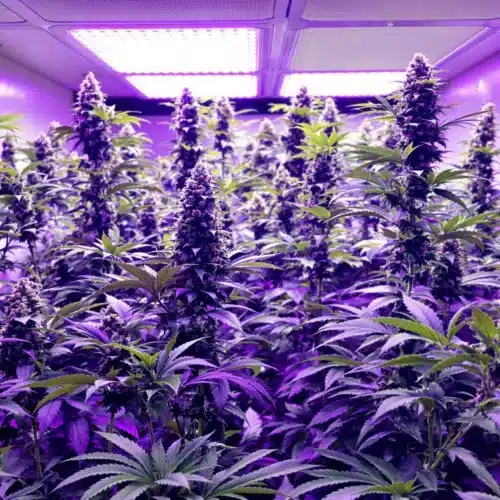Recognizing Whitefly Infestations Outdoors
Spotting whitefly infestations early can save your garden from extensive damage. Look for clusters of tiny white insects on the undersides of leaves and a sticky residue that signals their presence. Observing these signs helps you determine how to get rid of whiteflies outdoors before they multiply and cause severe harm to your plants.
Timely detection of these pests is key. Regularly inspect your plants, especially during warm months, to catch any early infestation signs. A prompt response not only minimizes damage but also reduces the need for harsh treatments later on. Learning how to get rid of whiteflies outdoors becomes much easier when you maintain a routine check on your garden.
Identifying the Signs of Whiteflies
Whiteflies are small, delicate insects that often settle in large numbers on the underside of leaves. Their presence can be identified by the white, powdery spots they leave behind and the yellowing of leaves due to sap extraction. Recognize these clear signs to effectively address how to get rid of whiteflies outdoors and prevent further spread.
Impact on Plants
Whiteflies harm plants by sucking out vital nutrients, leading to weakened growth and reduced yield. Their feeding damages foliage and can cause the spread of plant diseases, making the overall garden environment less vibrant. Taking prompt action on how to get rid of whiteflies outdoors is essential to preserve the health and productivity of your plants.
Promos & Deals
Prevention Strategies to Get Rid of Whiteflies Outdoors
Preventing whitefly infestations is easier than combating a full-blown outbreak. By incorporating regular maintenance and using natural deterrents, you can significantly reduce the chances of these pests taking hold in your garden. Learn effective methods on how to get rid of whiteflies outdoors by adopting proactive measures that focus on creating an unfavorable environment for these insects.
Simple practices such as regular weeding, trimming, and cleaning up plant debris help eliminate breeding grounds for whiteflies. Strategic placement of companion plants and using reflective mulches can deter these pests naturally. Implementing these preventive strategies not only aids in learning how to get rid of whiteflies outdoors but also promotes a healthier garden ecosystem overall.
Cultural Practices to Deter Whiteflies
Employing cultural practices like crop rotation, proper spacing, and regular sanitation can deter whiteflies effectively. These techniques minimize plant stress and reduce attractive conditions for pests. Integrating such methods into your routine is a simple yet effective way on how to get rid of whiteflies outdoors. Consistent application of these practices fosters a garden environment that resists infestations naturally.
Planting Techniques for Natural Resistance
Selecting plant varieties that naturally repel whiteflies and using companion planting techniques can strengthen your garden’s defense. Plant aromatic herbs or flowering species next to susceptible crops to confuse pests and reduce infestations. This method, when combined with other preventive measures, offers an effective solution for how to get rid of whiteflies outdoors, promoting a naturally resilient garden environment.
Natural Remedies for Whitefly Control Outdoors
Many gardeners prefer natural remedies to tackle whitefly infestations without resorting to chemicals. Using homemade solutions is both safe and effective. Simple recipes that combine water, mild soap, and essential oils like neem or peppermint can significantly reduce whitefly populations. These remedies offer an organic alternative on how to get rid of whiteflies outdoors while maintaining a healthy balance in your garden.
Herbal infusions and garlic sprays are additional natural options that deter whiteflies without harming beneficial insects. Regular application of these treatments, combined with proper garden hygiene, creates a sustainable solution. These organic methods, when practiced consistently, prove effective for learning how to get rid of whiteflies outdoors and support an environmentally friendly approach to pest management.
Using Homemade Sprays and Oils
Mix a solution using water, a few drops of mild liquid soap, and essential oils like neem or peppermint. Spray this mixture on the undersides of leaves where whiteflies gather. Repeat the treatment every few days to gradually reduce the whitefly population. This simple and natural method offers an effective way on how to get rid of whiteflies outdoors while being safe for your garden’s overall ecosystem.
Beneficial Insects and Natural Predators
Encourage natural predators such as ladybugs, lacewings, and parasitic wasps to help control whitefly populations. These beneficial insects feed on whiteflies, reducing their numbers without chemical intervention. Planting flowers that attract these allies supports a natural balance in your garden. This biological control method serves as an effective strategy for learning how to get rid of whiteflies outdoors while promoting an eco-friendly environment.
Chemical Control Methods for Whitefly Removal
When natural remedies are insufficient, chemical control methods become necessary. Use pesticides that are specifically labeled for whitefly control and safe for outdoor cannabis gardens. Follow all safety instructions and apply treatments during cooler parts of the day to maximize effectiveness. This method provides a reliable option on how to get rid of whiteflies outdoors while minimizing risks to beneficial insects and overall garden health.
Adding to this, in cases where natural methods fall short, chemical solutions offer a more immediate response. It is important to follow label instructions and apply treatments during optimal times to ensure the safety of your garden. By combining careful selection of pesticides with proper application methods, you can achieve effective whitefly control while minimizing risks. This balanced approach supports overall garden health and safety consistently.
Selecting Safe Pesticides for Outdoor Use
Choose pesticides that are approved for outdoor use in cannabis cultivation. Read product labels carefully to ensure they are effective against whiteflies and safe for beneficial insects. Proper selection and application help reduce environmental impact. Following these instructions will support a balanced approach on how to get rid of whiteflies outdoors while preserving the health of your garden and its ecosystem.
Effective Application Techniques and Timing
Apply pesticides during early morning or late afternoon hours when temperatures are lower. Use a fine mist sprayer to evenly coat affected areas, especially the undersides of leaves where whiteflies hide. Correct timing and application improve treatment effectiveness while minimizing evaporation and drift. These practices are important for learning how to get rid of whiteflies outdoors efficiently and safely, ensuring your garden receives the full benefit of the chemical treatment.
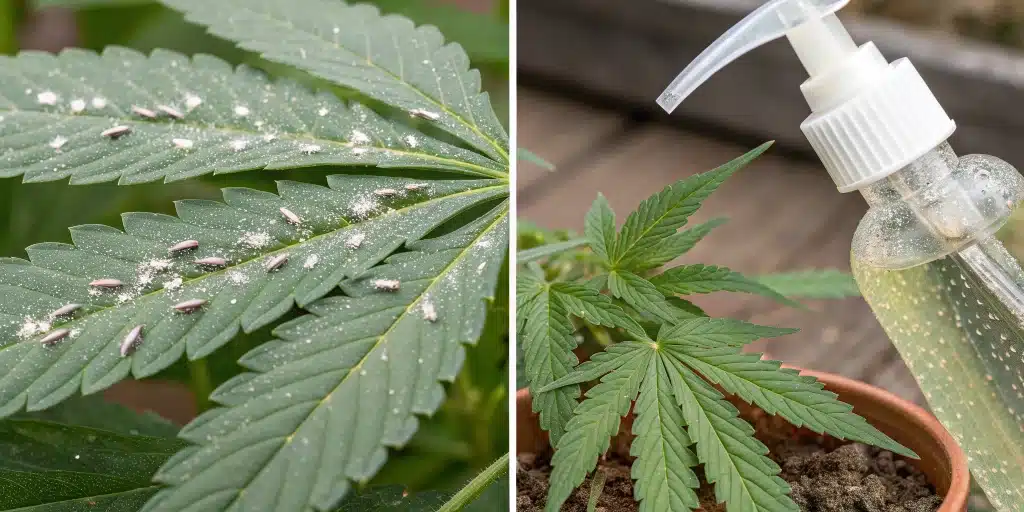
Maintenance and Long-Term Whitefly Management
Maintaining a healthy garden requires regular monitoring and prompt action to prevent whitefly reinfestation. Keep an eye on your plants every week, checking for early signs of whitefly activity. Regular maintenance routines such as cleaning plant debris and adjusting watering schedules can help deter these pests. Establishing a proactive approach is vital for ensuring that you consistently know how to get rid of whiteflies outdoors over the long term.
Implement sustainable practices like using organic fertilizers and proper crop rotation to support plant health. By reducing stress and improving soil quality, your garden becomes less attractive to whiteflies. Long-term management involves both regular inspections and the application of natural remedies when needed. These combined efforts not only help in learning how to get rid of whiteflies outdoors but also promote an overall thriving and resilient garden.
Regular Monitoring and Early Detection
Daily or weekly inspections of your garden help catch whitefly infestations in their early stages. Look for signs such as sticky residues or clusters of small insects on the undersides of leaves. Early detection allows for rapid intervention and minimizes damage. Consistent monitoring is key to managing whitefly populations effectively and ensuring that your plants remain healthy and robust throughout the season.
Sustainable Practices for Ongoing Control
Integrate organic fertilizers, proper crop rotation, and regular weeding into your garden routine to create an environment that is less hospitable to whiteflies. These sustainable practices help maintain a natural balance and reduce pest breeding grounds. Such long-term strategies support continuous control and make it easier to manage whiteflies outdoors while promoting overall garden vitality.
Integrated Whitefly Management Strategies
Combining various control methods creates a more robust defense against whitefly infestations. An integrated approach leverages natural remedies, cultural practices, and selective chemical treatments to minimize pest damage. By blending these methods, gardeners can reduce reliance on any single tactic, resulting in a balanced and sustainable strategy on how to get rid of whiteflies outdoors. This integration fosters a resilient garden ecosystem that withstands pest pressures over time.
Implementing an integrated management plan requires careful planning and consistent execution. Gardeners should monitor pest levels, adjust cultural practices, and apply natural or chemical controls as needed. This coordinated method not only addresses immediate whitefly issues but also builds long-term resilience in the garden. Embracing an integrated approach enables you to maintain a healthier environment and reduce the frequency of infestations.
Advanced Monitoring Techniques for Whitefly Detection
Modern technology offers innovative ways to monitor whitefly activity in your garden. Tools such as digital cameras and mobile apps can help track pest movements and detect early signs of infestation. By using these advanced techniques, gardeners can receive timely alerts and adjust their strategies on how to get rid of whiteflies outdoors. This proactive approach minimizes damage and ensures more efficient pest management. Incorporating such technology bridges the gap between traditional gardening and modern precision agriculture.
While technology provides modern solutions, traditional manual inspections remain invaluable. Regularly checking your plants up close complements digital methods by confirming the presence of whiteflies and assessing plant health directly. Combining these monitoring techniques creates a comprehensive system that supports timely intervention. This balanced approach ensures you always know how to get rid of whiteflies outdoors by integrating both high-tech and hands-on methods seamlessly.
Organic Soil and Plant Health Management
Healthy soil is the foundation of a resilient garden. Organic soil management, including the use of compost and natural fertilizers, strengthens plant defenses against pests. Improved soil structure leads to robust plant growth, reducing the susceptibility to whiteflies. Employing organic methods creates conditions where beneficial microbes and insects thrive, supporting a natural balance and making it easier on how to get rid of whiteflies outdoors over time.
Maintaining organic soil health is a continuous process that involves regular care and attention. Incorporating cover crops and mulches protects soil moisture and suppresses weed growth, indirectly reducing whitefly habitats. This holistic approach not only improves plant health but also enhances the overall ecosystem. Consistent organic practices empower you to naturally combat pests, ensuring that your garden remains vibrant and less prone to whitefly invasions.
Water Management and Irrigation Approaches
Proper water management plays a significant role in reducing whitefly infestations. Overwatering can create humid conditions that attract pests, while under-watering stresses plants and weakens their natural defenses. Adjust your irrigation schedule based on seasonal weather patterns to maintain optimal soil moisture. Effective water management is a critical aspect of learning how to get rid of whiteflies outdoors and contributes to the overall health of your garden.
An efficient irrigation system not only supports water conservation but also minimizes conditions favorable to whiteflies. Scheduling water delivery during the cooler parts of the day reduces evaporation and prevents moisture buildup. Monitoring soil moisture levels regularly ensures that plants receive just the right amount of water. This balanced approach to irrigation is essential for maintaining a garden that is both healthy and resistant to whitefly invasions.
Tailored Pest Management for Cannabis Gardens
Different cannabis strains may require customized pest management strategies. Tailoring your approach based on plant characteristics and local climate conditions can significantly improve whitefly control. Analyzing past infestations and adjusting treatments accordingly helps in learning how to get rid of whiteflies outdoors effectively. This targeted method ensures that each strain receives the specific care it needs, optimizing overall garden health and productivity.
Seasonal changes require adjustments in pest management practices for optimal results. Monitoring weather patterns and adjusting control measures accordingly can prevent sudden whitefly outbreaks. A flexible strategy that evolves with the season is essential for maintaining effective whitefly control. By tailoring your approach to each growing phase, you ensure that your garden remains robust and capable of resisting infestations year after year.
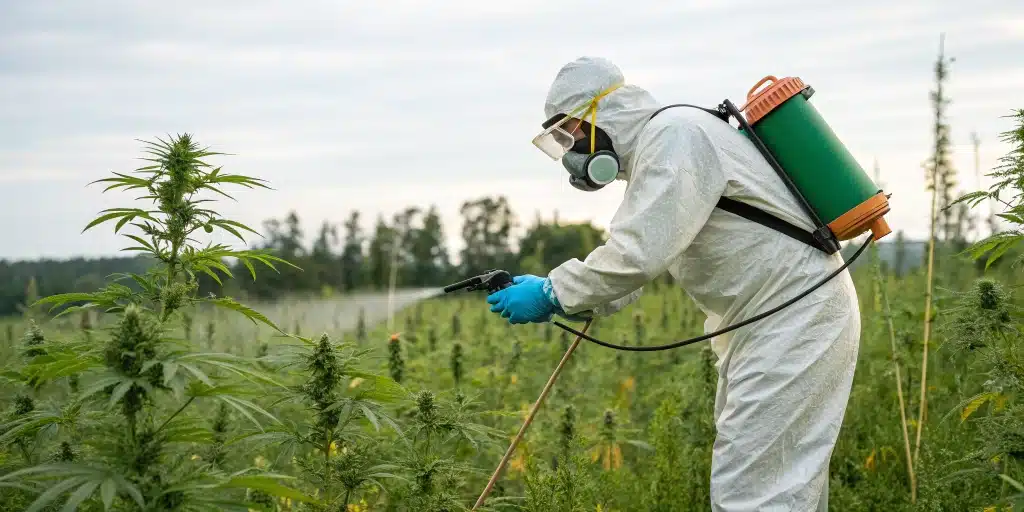
FAQs about how to get rid of whiteflies outdoors
What natural methods work best for how to get rid of whiteflies outdoors?
Using homemade sprays with water, soap, and essential oils, along with encouraging beneficial insects like ladybugs, can work wonders for managing whiteflies. These methods are safe, eco-friendly, and simple to apply in your garden. They offer a balanced approach to pest control without the need for harsh chemicals, keeping your plants and the environment healthy. Regular application and monitoring help maintain control throughout the season.
How often should I check my garden to learn how to get rid of whiteflies outdoors?
Inspect your garden weekly for early signs of whitefly infestations. Regular monitoring helps catch issues before they worsen. Consistent checks enable swift action, which is key for learning how to get rid of whiteflies outdoors. Staying vigilant protects your plants and resolves problems quickly. Routine inspections create a proactive atmosphere that minimizes pest damage and keeps your garden healthy, ensuring long-lasting garden vitality every day.
Can chemical pesticides be used safely when trying how to get rid of whiteflies outdoors?
Yes, chemical pesticides can be used safely when applied correctly. Choose products approved for outdoor cannabis gardens and follow recommended application methods. Proper handling and dosage reduce risks to beneficial insects and human health. When natural methods fall short, these pesticides provide an alternative for how to get rid of whiteflies outdoors, ensuring efficient pest control while protecting your garden’s well-being and ensure lasting health.

